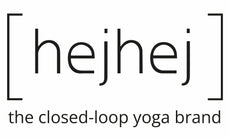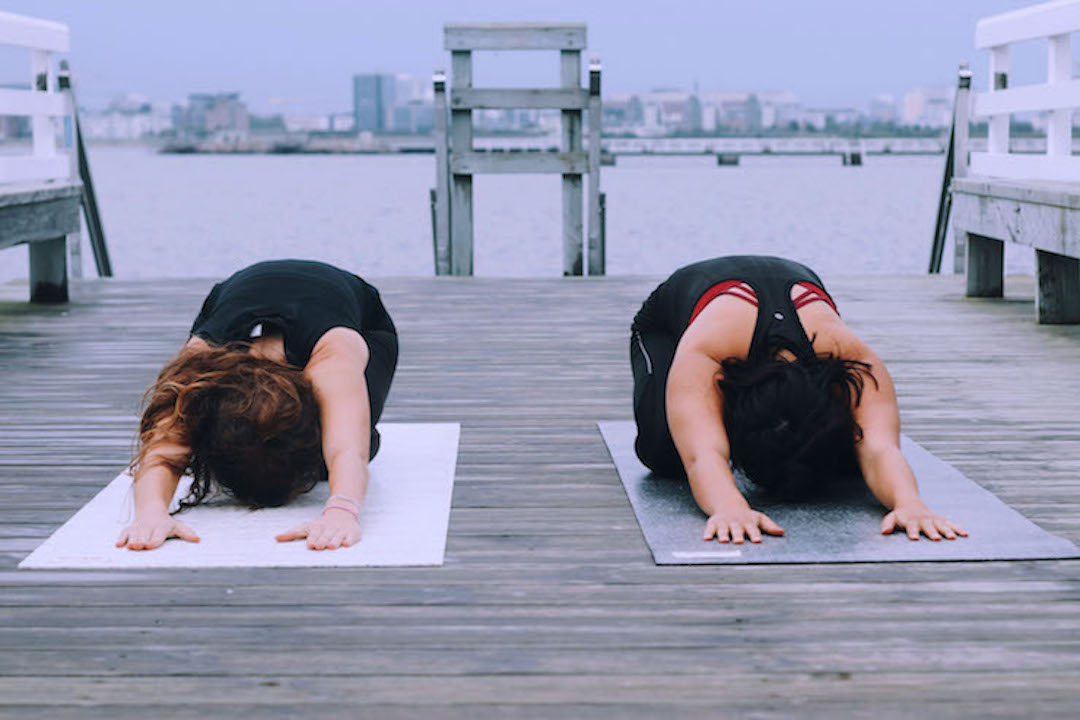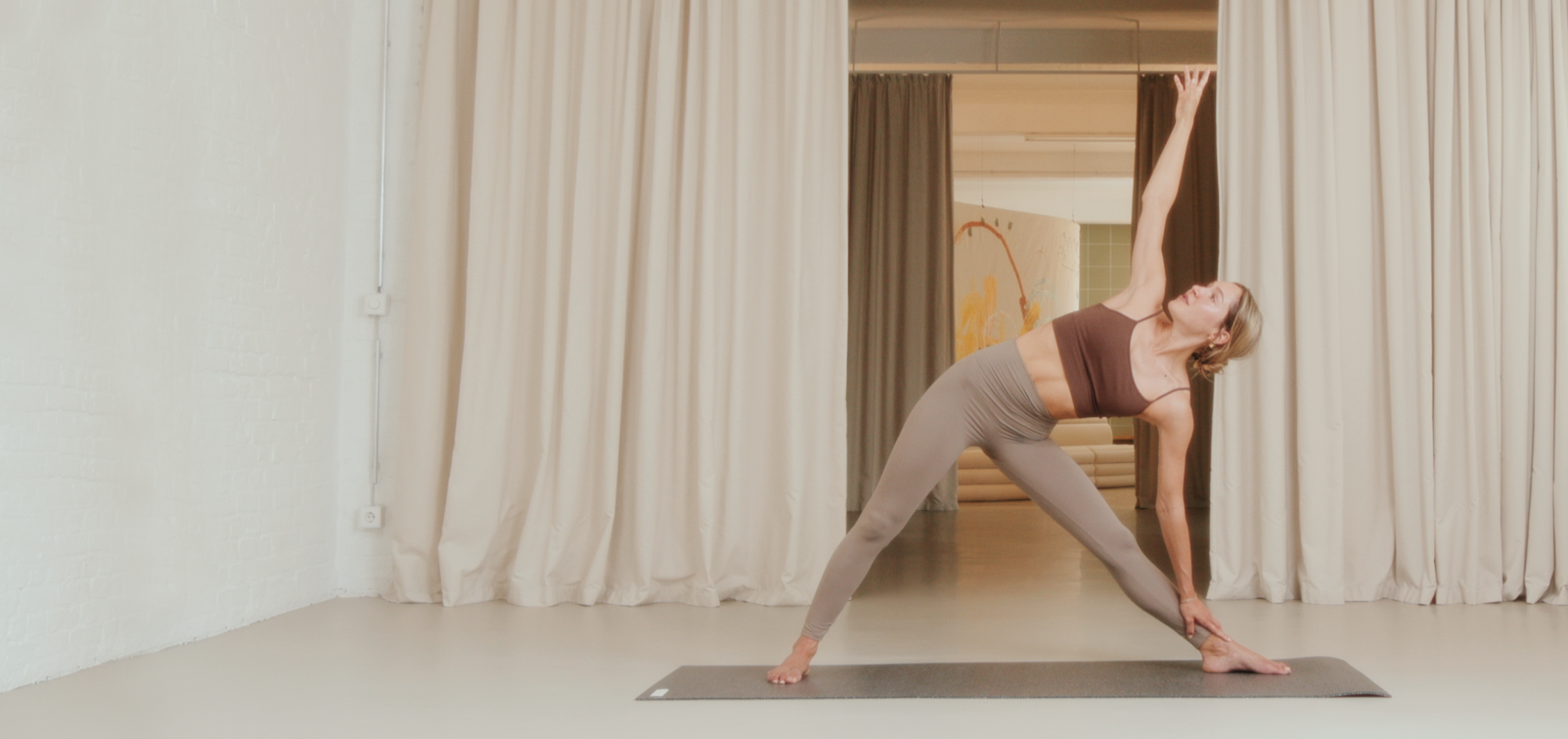The sustainable development goals are a great part of hejhej-mats. As some of you already know, hejhej-mats is a genuine project of our hearts. We are not developing our closed-loop yoga mats to be successful entrepreneurs, but to make our contribution to a more sustainable planet as decisive as possible.
Everyone can take responsibility to achieve a higher level of sustainability for our current and future generations. The United Nations developed a set of goals to end poverty, protect the planet, and ensure prosperity. This is all part of a new sustainable development agenda. Many countries, associations and individuals are taking part to achieve these goals. So we decided to go along with the sustainable development goals of the UN as well. More specifically, we are contributing to reaching goal number 12, which is about responsible consumption and production.
Making use of underutilized resources is the most efficient use of resources
hejhej-mats uses underutilised resources. Thereby, we are giving those a new life instead of exploiting the planet by taking new ressources. We already have a lot of existing high-quality resources on the planet. Thus, it is not necessary to take new ones. We do not only want to make use of underutilized nutrients, but also raise awareness for resource scarcity. Thereby, we are not only producing responsibly, but we are also challenging our customers to consume responsibly. We want them to think about their personal use of resources.
We know that there are many cheaper options on the market. However, we want consumers to reflect upon their buying decision. Moreover, we want to invite them to make a thoughtful investment in a good product. Both related to quality as well as sustainability. People can use our hejhej-mats for a longer period of time than low-priced alternatives. Resulting, we are breaking the current take-make-waste approach in the yoga mats sector. We hope to inspire a new cluster of people. People who so far did not think about ecological and social consequences.
hejhej-mats integrates responsible production through the usage of waste as a resource instead of natural materials.
By doing this, we are helping to reduce future environmental and social costs. For processing natural materials, such as kautschuk, plantations need to be grown and biodiversity gets lost. Farmers often lose the possibility for sustainable farming, as soils are strained beyond their capacity. One of our goals is to produce in harmony with nature and society. The efficient use of natural resources can be good, but for us, it is not enough. Exploiting the planet and its resources was not an option for us. So we decided to make use of a resource that the planet already has an excess of: waste.
Contribution to the UN sustainable development goals – goal number 12
One of the aims of the Sustainable Development Goal number 12 is “doing more and better with less”. By applying the approach of the circular economy to our yoga mats, we can make use of the same resources over and over again. By recycling old hejhej-mats, we can reduce a number of used resources. Thus, we make sure that no new waste is produced as a burden for our planet.
By cooperating closely with our suppliers, we can make sure to control the origin of our resources. We only produce in Germany and thereby guarantee that our suppliers fulfill fair labour standards and the thought of responsible production is spread through the whole supply chain.
Additionally, we are trying to carry the vision of the circular economy to as many people as possible. Thereby, we aim to involve consumers in solving the sustainability challenge of waste production. In our communication, we do not only talk about our product, we also deal with the issues of waste production. Adding to that, we try to explain the concept of the circular economy as visual as possible. Our aim is not only to make profit, we want to raise awareness for the rising amount of waste on the planet and influence our audience in living a more sustainable life.





